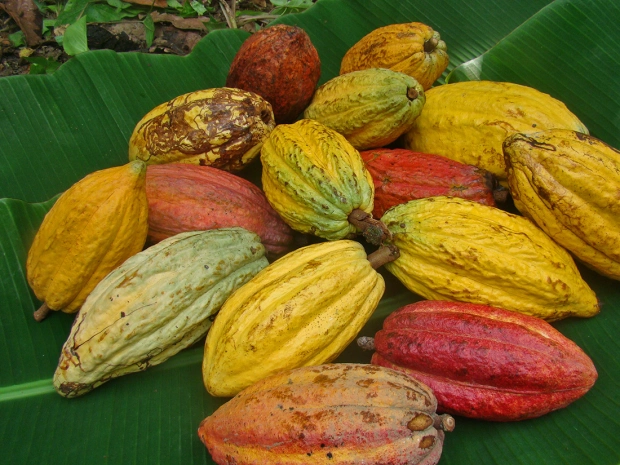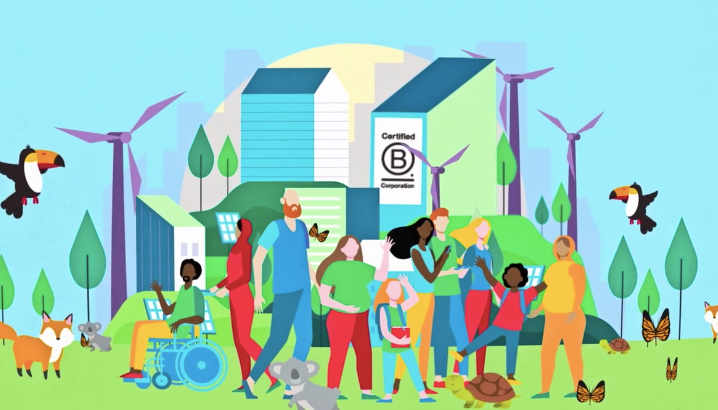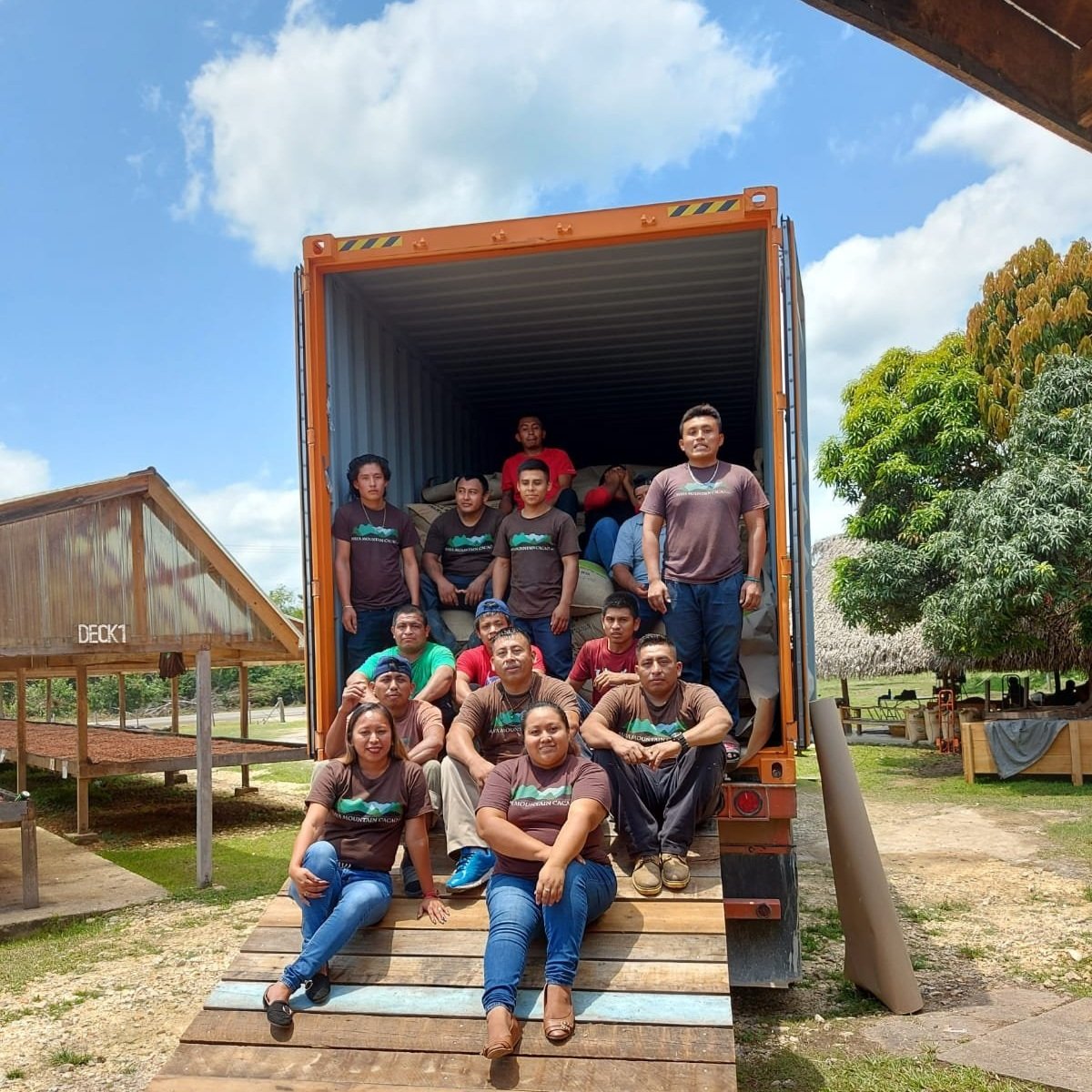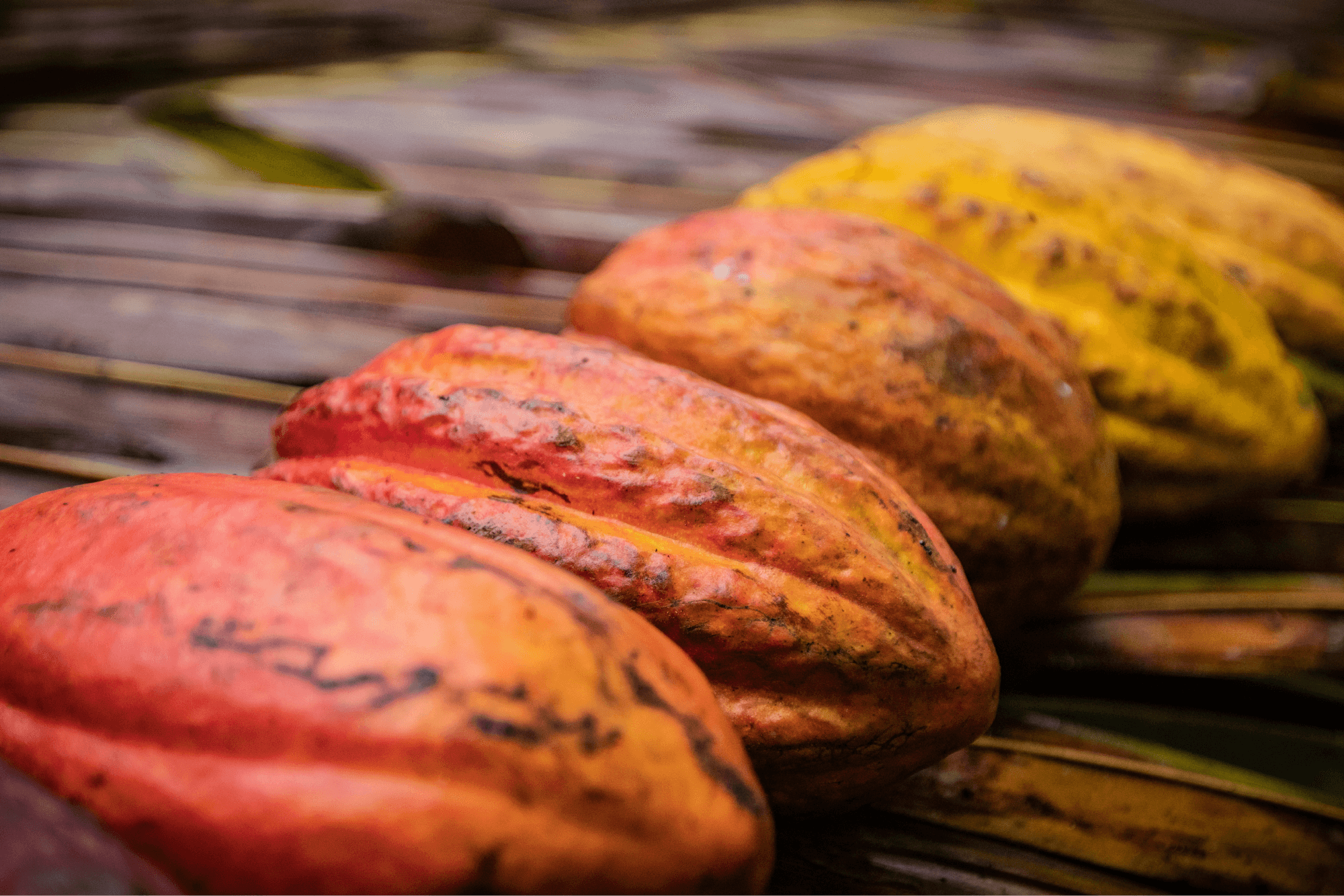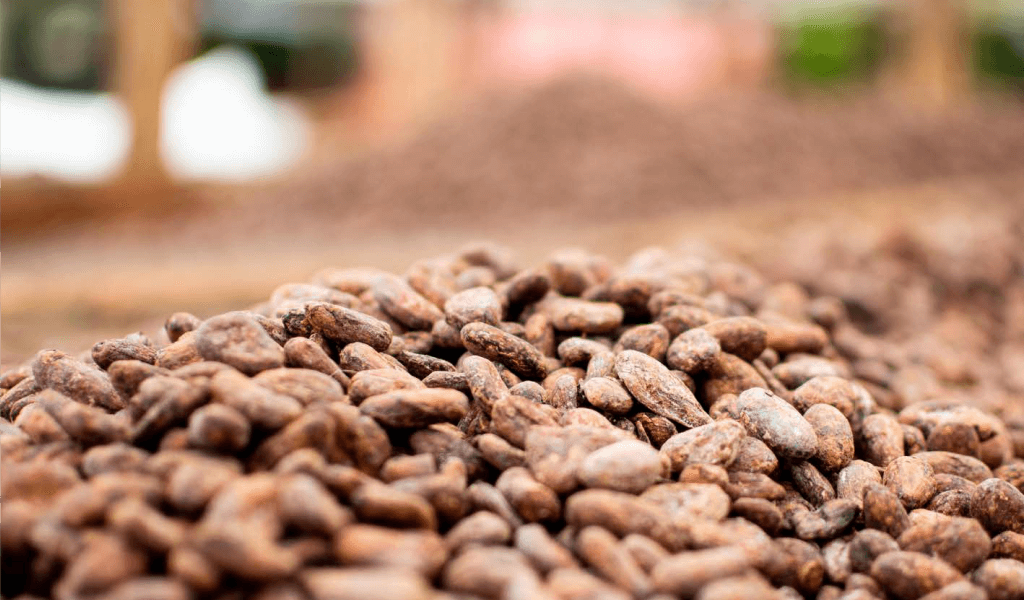With more than 50 years of combined experience in cacao, Öko Caribe owners Adriano de Jesus Rodriguez and Gualberto Acebey Torrejon have fine-tuned their systems to ensure consistent, superior quality in their 500+ tons of annual production.
Here is a brief explanation of the process in their own words (translated from Spanish):
Cocoa was introduced to the island of Hispaniola (part of the island is now called The Dominican Republic, Öko Caribe operates in the Duarte Province) at the end of the 16th century and beginning of the 17th. There are mixtures of Venezuelan Creole, Trinitario, Ecuadorian National and Hybrids with a high presence of Trinitario and Ecuadorian National. 85% of the plantations in the country are made up of high-quality genetic material.
In addition, due to the location of the island with a humid tropical climate and suitable soils for the production of this crop, our cocoa is of superior quality.
Supporting Smallholder Training Courses
Training courses are carried out both individually and centrally, these are mainly in the management of the cocoa crop such as: weed control, phytosanitary controls, pruning, shade control, planting, replanting, organic fertilization, compost production (vermiculture), as well as in the protection of the environment such as: soil management (erosion), reforestation on slopes and slopes, non-biodegradable garbage collection in plantations, etc.
The sustainability of cocoa plantations is threatened by mismanagement of the crop, inappropriate use of fertilizers and pesticides, and deforestation. At the same time, producers face deplorable working conditions and low wages.
More and more consumers are informed and are looking for environmentally and socially responsible cocoa production, which meets the needs of both producers and the market. The cocoa of our associates is cultivated in agroforestry systems, including forest species, fruit trees and minor crops, which makes the cocoa free of pests and harmful diseases.
Careful Harvest & the Selection of Cacao
The maturation time of the cacao pods, from flowering to harvest is approximately 5-6 months. There are 2 harvest periods: a minor one that covers the months of October to February and the major one from March to July. The harvest is carried out every 15 to 20 days, harvesting only the pods that have reached the optimum point of maturity.
Before harvesting, the producers select the pods, separating the diseased ones from the healthy ones, and then they proceed to open them carefully so as not to cause damage to the cacao beans. After opening the pods, we collect the cacao in clean and suitable containers, which are then transported in the shortest possible time (between 4 to 6 hours) to our fermentation center.
Ultra Premium Flavor & Expert Fermentation
Fermentation is a key step in the cacao post-harvest handling process. It is used to remove the remains of pulp attached to the grain, prevent the grains from germinating and, above all, develop the organoleptic characteristics, such as aroma, flavor and color, typical of cacao beans. The fermentation is carried out in staggered wooden boxes of 4 rows, this process lasts between 5 and 6 days. During the fermentation process, we move the cacao at least 3 times in order to achieve a homogeneity in the quality of the product.
Sun Drying & Hand Sorting
After the fermentation process is finished, the cocoa is taken to our tunnel-type dryers, where it is also constantly stirred to maintain the homogeneity and quality of the product until the cacao reaches 6.5% humidity.
* A special note here - Öko Caribe was the inventor of the signature drying tunnels now used across the Dominican Republic. Ensuring that the drying conditions can be maintained during the entire process.
Supporting Farmers and Their Community
On a timely basis, we also support the remodeling and construction of family homes for our associates. In special cases, such as illnesses, deaths and other events, we support our producers either financially or with mobility, depending on the needs. Within the community, where our center is located, we support the maintenance of the school garden, maintenance of the streets, and we provide transportation for youth and religious exchanges between communities.
Special Thank You to Öko Caribe for sharing this information and some of the photos, working together we are capable of so much!
